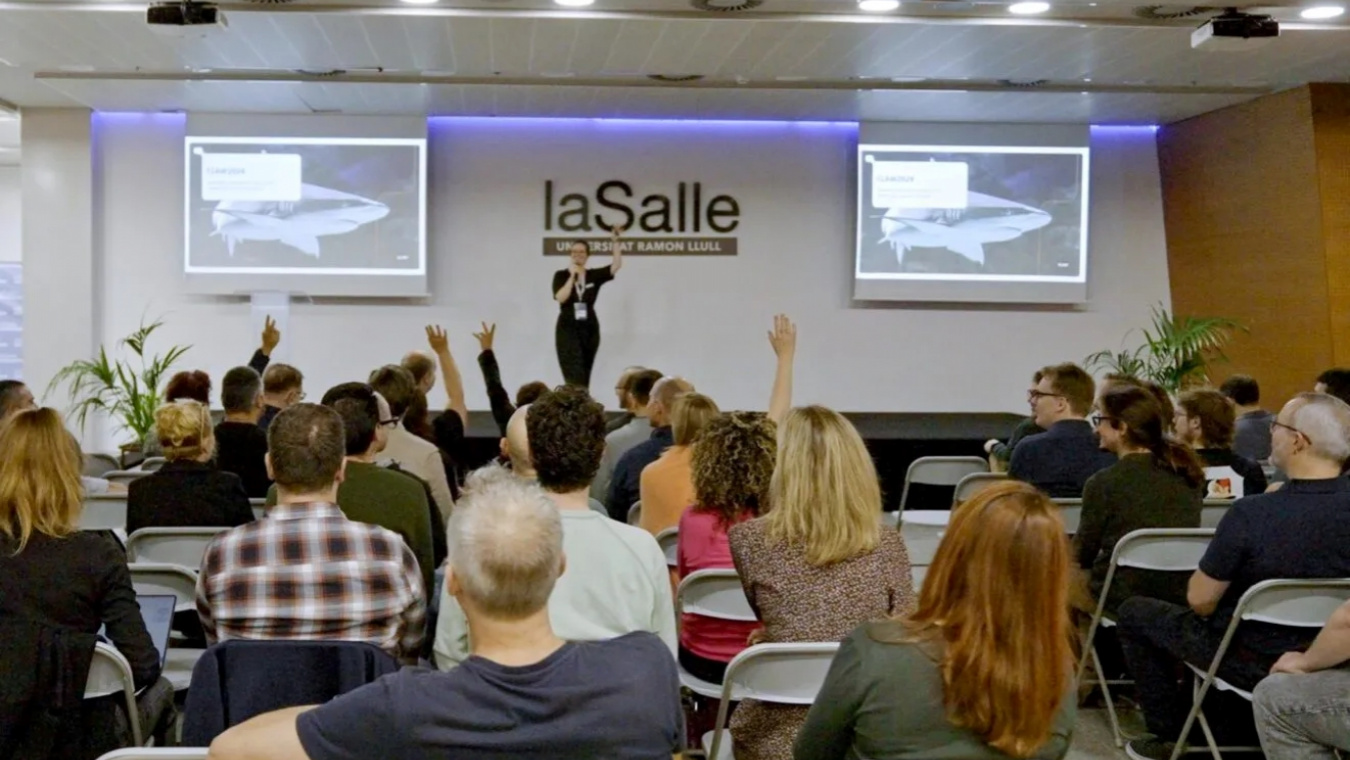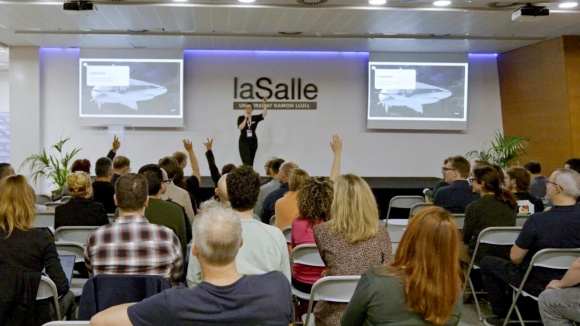From Chaos to Resilience: Key Takeaways from the CLAW 2024 Crisis Exercise

In the first week of December 2024, selected CESNET colleagues participated in the annual CLAW crisis exercise organised by GÉANT. The Pan-European Network of National Research and Education Networks (NRENs), which includes CESNET, organises this event to help participants strengthen their resilience to unexpected challenges. Although in our work in security product management and awareness raising we rarely find ourselves in the middle of a crisis, we wanted to gain first-hand experience of dealing with crisis situations and understand their wider relevance to building organisational resilience.
The two-day training consisted of various workshops on the first day and a crisis simulation on the second.
Each CLAW scenario takes place in Guilder, a fictional country created specifically for CLAW exercises, which serves as a setting to simulate crisis situations involving its national research and education network, GuilREN. This year's crisis took place at the University Medical Center (UMC) Sardos, a GuilREN client, where the popular Queen Ann was being treated for (not-so-publicly-known) health problems. The hospital team was coordinated by our product manager Jana Erneker, who shared this role with fellow Swiss SWITCH member Fabio Greiner.
Jana attended a seminar on teamwork in crisis situations, led by crisis management expert Wouter Beijersbergen van Henegouwen. "A key insight for me was the importance of intensive communication, as other participants may not share the same information and keeping everyone well informed is crucial for managing a crisis. Another important point was the need to take a step back and reassess the situation from time to time," Jana describes her impressions.
Reflecting on this later, Jana realised what made these sessions special for her. "It was not only because of their usefulness, but also because of how challenging it was to actually apply them during the crisis, which we experienced the following day."
Meanwhile, Fabio attended a session with experienced trainer and crisis management consultant Roel Derckx, who emphasised that effective crisis management strengthens not only the team in charge, but the whole organisation. It could be said that a crisis-resilient organisation thrives even in everyday chaos. This perspective set the stage for three key takeaways from the CLAW conference.
Broaden your perspective
Crises often require a broader scope than your normal duties. At the CLAW conference, our UMC Sardos team focused too much on our own problems and did not take advantage of the support of other groups - management, communications and IT - who were also working on the same crisis. "We took away the important lesson that the key to a coordinated response is communication between teams - in emergencies, crises and in day-to-day work."
Take the initiative
Looking back on the exercise, we realised that a fairly common obstacle is passively waiting for someone else - in a more senior position - to make a crucial decision. "In our role as coordinators, we expected other teams to reach out to us if there was a need to collaborate. In the end, this passive approach only led to limiting our effectiveness. The lesson? Don't wait for someone else to take action. Be proactive, come up with ideas and reach out to others - effective collaboration requires everyone to be actively involved, regardless of your role or authority!"
In a crisis, don't cling to perfection
Perfection is an illusion in crisis situations. The fast pace requires setting priorities, making quick decisions and adapting on the fly. Mistakes are inevitable, but as Roel Derckx advises, a brief pause to reflect and adjust course of action can effectively steer efforts in the right direction. "During the simulation, we took a short pause (just a few seconds, in fact) to reflect, which helped us refocus and identify overlooked tasks," recalls Jana Erneker. Embracing imperfection doesn't mean settling for mediocrity; it means staying agile and constantly learning. This approach is invaluable not only in crisis situations but also in everyday work.
More than just crisis management skills, CLAW has given us a deeper understanding of the importance of resilience. By connecting with colleagues from the GÉANT community across Europe, we shared experiences with each other and returned home with new insights and ideas.
The lessons learned - broadening perspective, taking responsibility and emphasising adaptability - highlight the wider benefits of effective crisis management. Indeed, they go beyond crises and offer a basis for addressing challenges in everyday work. By applying them, organisations can increase their resilience, improve their responsiveness and support their growth.
The article was prepared in collaboration with Jana Erneker and Fabio Greiner (SWITCH).

